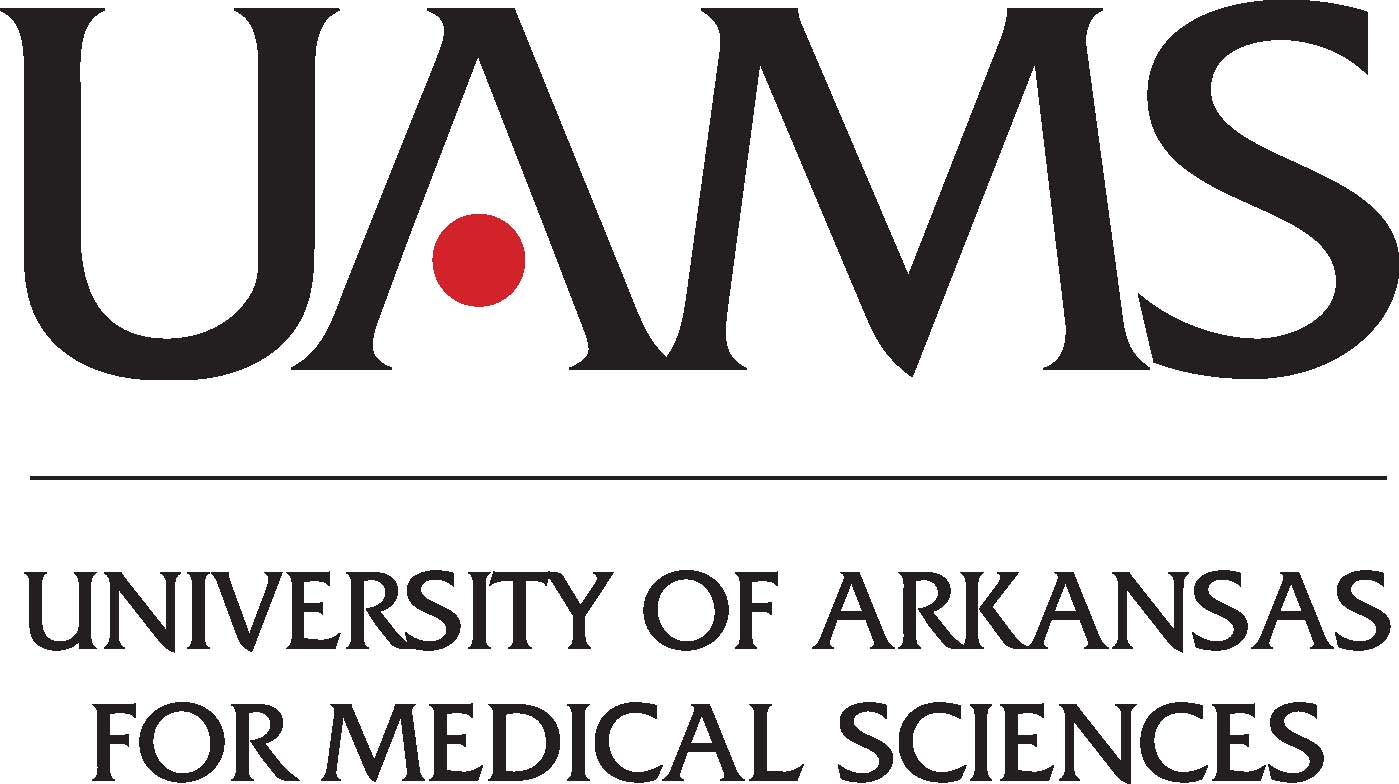IRX-2 Regimen in Patients With Newly Diagnosed Stage II, III, or IVA Squamous Cell Carcinoma of the Oral Cavity
| Status: | Active, not recruiting |
|---|---|
| Healthy: | No |
| Age Range: | 18 - Any |
| Updated: | 2/14/2018 |
| Start Date: | December 2015 |
| End Date: | December 2019 |
A Randomized Phase 2 Trial of Neoadjuvant and Adjuvant Therapy With the IRX 2 Regimen in Patients With Newly Diagnosed Stage II, III, or IVA Squamous Cell Carcinoma of the Oral Cavity
The purpose of this study is to determine whether a pre-operative regimen of the study drug,
IRX-2, a human cell-derived biologic with multiple active cytokine components, plus a single
dose of cyclophosphamide, followed by 21 days of indomethacin, zinc-containing multivitamins,
and omeprazole is active in treatment of oral cavity cancer. The regimen is intended to
stimulate an immune response against the cancer.
IRX-2, a human cell-derived biologic with multiple active cytokine components, plus a single
dose of cyclophosphamide, followed by 21 days of indomethacin, zinc-containing multivitamins,
and omeprazole is active in treatment of oral cavity cancer. The regimen is intended to
stimulate an immune response against the cancer.
This study will assess the activity and safety of the IRX Regimen in participants with newly
diagnosed, untreated, surgically resectable squamous cell cancer of the oral cavity.
Participants will be randomly assigned to receive either Regimen 1: IRX-2 + cyclophosphamide
+ indomethacin + zinc + omeprazole, or Regimen 2: cyclophosphamide + indomethacin + zinc +
omeprazole.
The primary study hypothesis is that the Regimen 1 with IRX-2 prolongs event-free survival
and overall survival when compared to Regimen 2 without IRX-2.
Subjects will be randomized to either Regimen 1 or Regimen 2 on a 2:1 basis and treated prior
to surgery.
diagnosed, untreated, surgically resectable squamous cell cancer of the oral cavity.
Participants will be randomly assigned to receive either Regimen 1: IRX-2 + cyclophosphamide
+ indomethacin + zinc + omeprazole, or Regimen 2: cyclophosphamide + indomethacin + zinc +
omeprazole.
The primary study hypothesis is that the Regimen 1 with IRX-2 prolongs event-free survival
and overall survival when compared to Regimen 2 without IRX-2.
Subjects will be randomized to either Regimen 1 or Regimen 2 on a 2:1 basis and treated prior
to surgery.
Inclusion Criteria:
1. Pathologically confirmed (histology or cytology) clinical Stage II, III, or IVA
squamous cell cancer of the oral cavity (excluding lip). Subjects must be staged using
AJCC Cancer Staging Manual Edition 7.0 (appendices 1 and 2).
2. Disease surgically resectable with curative intent
3. Hematological function: hemoglobin >9 g/dL; lymphocyte count >0.50 x 109/L; neutrophil
count >1.5 x 109/L; platelet count >100 x 109/L
4. Hepatic function: serum albumin >3.0 g/dL; aspartate aminotransferase (AST/SGOT) and
alanine aminotransferase (ALT/SGPT) <3x the upper limits of normal (ULN); alkaline
phosphatase <2x the ULN
5. Prothrombin time (PT) and partial thromboplastin time (PTT) < 1.4x the ULN
6. Calculated creatinine clearance > 50 mL/minute (Appendix 4)
7. At least 18 years of age
8. Willing and able to give informed consent and adhere to protocol therapy
9. Karnofsky performance status (KPS) >=70%
10. Females of childbearing potential (not surgically sterile or less than 12 months
post-menopausal) must be able and willing to use a highly effective form of pregnancy
prevention from the time of screening, during the study and 30 days after last dose of
study regimen. Males with a partner of childbearing potential must use condoms with
spermicide from the date of screening to 30 days after their last dose of study
regimen
11. Negative urine/serum pregnancy test, if applicable
Exclusion Criteria:
1. Prior surgery, radiation therapy, or chemotherapy other than biopsy or emergency
procedure required for supportive care of this oral cavity cancer.
2. Any medical contraindications or previous therapy that would preclude treatment with
either IRX 2 Regimen 1 or 2 or the surgery, reconstruction or adjuvant therapy
required to treat the oral tumor appropriately
- Live vaccines should ideally not be administered to any patients undergoing
treatment with chemotherapy or immunotherapy, but if need be, they should be
administered >4 months prior to the initiation of treatment or >4 months after
the completion of all treatment
- Inactivated vaccines should precede the initiation of any study regimen and/or
standard adjuvant therapy by at least 2 weeks, but preferably 4 weeks or longer
3. Clinical status of either subject or tumor such that administration of 21 day
neoadjuvant IRX-2 Regimen 1 or 2 before surgery would be medically inappropriate
4. Tumor of the oropharynx
5. Tumor involvement of the following sites or any of these signs or symptoms likely to
be associated with T4b cancer:
- involvement of pterygopalatine fossa, maxillary sinus, or facial skin;.
- gross extension of tumor to the skull base;
- pterygoid plate erosion;
- sphenoid bone or foramen ovale involvement;
- direct extension to involve prevertebral fascia;
- extension to superior nasopharynx or Eustachian tube;
- direct extension into the neck with involvement of the deep neck musculature
(neck node fixation);
- suspected invasion (encasement) of the common or internal carotid arteries.
Encasement will be assessed radiographically and will be defined as tumor
surrounding the carotid artery 270º or greater;
- direct extension of neck disease to involve the external skin;
- direct extension to mediastinal structures;
- regional metastases to the supraclavicular neck (low level IVB or VB)
6. Any investigational agent within the previous 30 days.
7. Daily administration of systemic immunosuppressive therapy or corticosteroids (except
in physiological doses for hormone deficiency) during the previous 30 days.
8. Chronic anticoagulation, not including aspirin, but including heparins, warfarin, oral
anticoagulation or other platelet function inhibitors, that can not, in the documented
opinion of the investigator, safely be interrupted from at least 2 days prior to the
initiation of the study regimen until after surgical resection of the tumor.
9. Symptomatic cardiopulmonary disease (including congestive heart failure and
hypertension), coronary artery disease, serious arrhythmia or chronic lung disease.
Patients with these conditions who are stable with relatively minor symptoms and who
are appropriate candidates for surgical treatment of their tumor need not be excluded
10. Myocardial infarction within the last 3 months
11. Distant metastases (M1 disease).
12. Known infection with hepatitis B, hepatitis C, or HIV.
13. Signs or symptoms of systemic bacterial infection (use of antibiotics to treat
superficial infection or contamination of tumor shall not, by itself, be considered
evidence of infection).
14. Clinically significant gastritis or peptic ulcer disease that would contraindicate the
use of indomethacin.
15. Stroke or other symptoms of cerebral vascular insufficiency within the last 3 months.
16. Allergy to ciprofloxacin (or other quinolones), acetylsalicylic acid, or indomethacin.
17. Previous diagnosis of invasive cancer from which the individual is NOT disease-free
AND that has required treatment within the past 5 years, except for superficial skin,
cervical cancer in-situ, well-differentiated thyroid or early stage prostate or
bladder cancer (i.e., treatment with curative intent and long term disease-free
expectations).
18. Prior axillary dissection.
19. Breastfeeding women.
We found this trial at
14
sites
300 Pasteur Dr
Stanford, California 94305
Stanford, California 94305
(650) 723-4000

Principal Investigator: Michael Kaplan, MD
Phone: 650-721-6399
Stanford Univ Med Ctr The Medical Center is uniquely advantaged by its location on the...
Click here to add this to my saved trials
529 West Markham Street
Little Rock, Arkansas 72205
Little Rock, Arkansas 72205
(501) 686-7000

Principal Investigator: Emre Vural, MD
University of Arkansas for Medical Sciences The University of Arkansas for Medical Sciences (UAMS) in...
Click here to add this to my saved trials
3400 Spruce St
Philadelphia, Pennsylvania 19104
Philadelphia, Pennsylvania 19104
(215) 662-4000

Principal Investigator: Jason Newman, MD
Hospital of the University of Pennsylvania The Hospital of the University of Pennsylvania (HUP) is...
Click here to add this to my saved trials
500 S State St
Ann Arbor, Michigan 48109
Ann Arbor, Michigan 48109
(734) 764-1817

Principal Investigator: Jeffrey Moyer, MD
University of Michigan The University of Michigan was founded in 1817 as one of the...
Click here to add this to my saved trials
Atlanta, Georgia 30322
Principal Investigator: Mihir Patel, MD
Click here to add this to my saved trials
Lexington, Kentucky
859) 257-9000

Principal Investigator: Joseph Valentino, MD
University of Kentucky The University of Kentucky is a public, land grant university dedicated to...
Click here to add this to my saved trials
1441 Eastlake Ave
Los Angeles, California 90033
Los Angeles, California 90033
(323) 865-3000

Principal Investigator: Jorge Nieva, MD
U.S.C./Norris Comprehensive Cancer Center The USC Norris Comprehensive Cancer Center, located in Los Angeles, is...
Click here to add this to my saved trials
New Hyde Park, New York 11040
Principal Investigator: Dennis Kraus, MD
Click here to add this to my saved trials
Click here to add this to my saved trials
1100 N. Lindsay
Oklahoma City, Oklahoma 73104
Oklahoma City, Oklahoma 73104
(405) 271-4000

Principal Investigator: Greg Krempl, MD
University of Oklahoma The OU Health Sciences Center is composed of seven health-related colleges located...
Click here to add this to my saved trials
8303 Dodge Street
Omaha, Nebraska 68114
Omaha, Nebraska 68114
(402) 354–4000

Principal Investigator: Aru Panwar, MD
Nebraska Methodist Hospital Methodist Hospital is a general medical and surgical hospital in Omaha, NE....
Click here to add this to my saved trials
Portland, Oregon 97213
Principal Investigator: Bryan Bell, MD DDS FACS
Phone: 503-215-6512
Click here to add this to my saved trials
Click here to add this to my saved trials